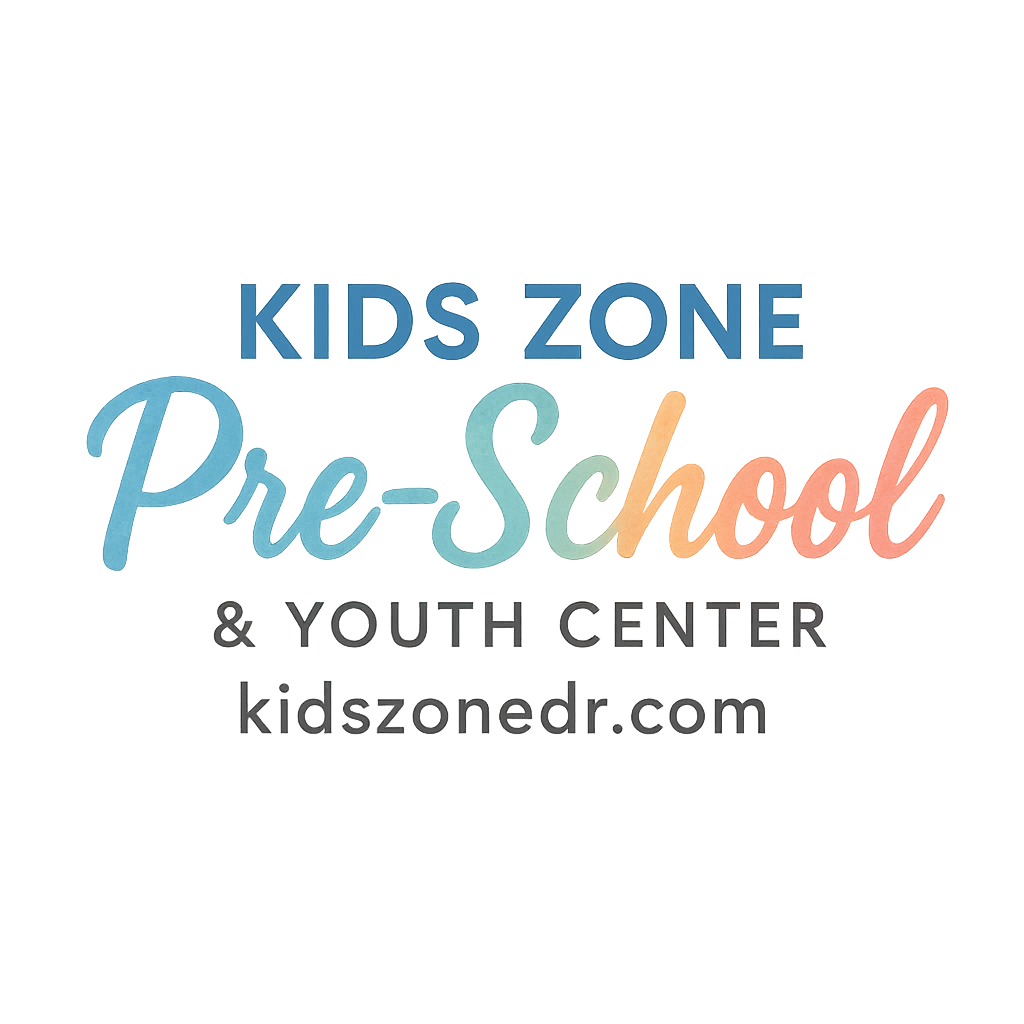Introduction to Outdoor Play in Preschool
Outdoor play is not just a fun activity for preschoolers; it’s an essential aspect of their development. Every preschool should prioritize outdoor play, offering children the opportunity to explore, learn, and grow in an environment that stimulates their senses and physical abilities. From a swing set to a simple patch of grass, outdoor play areas provide much-needed space for children to engage in different forms of play that build essential skills. But what exactly are the benefits of outdoor play, and why is it so important? Let’s explore the five key benefits that every preschool should offer.
Why Outdoor Play is Essential for Preschoolers
In today’s digital age, children are spending more time indoors, which can lead to various developmental issues. Physical inactivity, limited social interaction, and a lack of creativity are just some of the side effects of spending too much time indoors. Outdoor play, on the other hand, provides an antidote to these problems, supporting physical, cognitive, emotional, and social development. When children engage in outdoor play, they connect with the world around them in ways that classroom settings simply can’t replicate.
For more insights on the significance of early childhood education, check out Choosing the Right Preschool.
Benefit 1: Enhances Physical Health and Fitness
Building Strength and Coordination
Outdoor play is an excellent way for preschoolers to improve their physical health. Climbing on playground equipment, running around, and jumping on trampolines all help to build muscle strength and coordination. These physical activities help children develop fine and gross motor skills, such as balance, hand-eye coordination, and dexterity. Whether they’re swinging, sliding, or simply running around, preschoolers are improving their physical health while having fun.
For more tips on building a balanced routine, visit Daily Routines & Activities for Preschoolers.
Boosting Immunity and Preventing Obesity
Did you know that outdoor play can also boost a child’s immune system? Studies have shown that children who spend more time outside are less likely to develop illnesses and are better equipped to fight off colds and infections. Regular physical activity also reduces the risk of childhood obesity, a growing concern in today’s society. When children engage in outdoor activities, they’re not just having fun—they’re also improving their overall health and preventing future health problems.
Explore more about health and wellness for preschoolers at Health & Safety in Preschool.
Benefit 2: Promotes Cognitive Growth and Learning
Stimulating Curiosity and Problem-Solving
Nature itself is a fantastic teacher, and outdoor play gives preschoolers the chance to solve problems and learn new things. Whether they’re figuring out how to balance on a beam or solving a puzzle in the sandbox, outdoor activities stimulate curiosity and encourage problem-solving. These experiences help children develop critical thinking skills and promote cognitive growth. Moreover, the variety of sensory experiences outdoors—such as feeling the texture of grass or hearing the wind rustling through trees—enhances their brain development.
Engage your child in fun, learning-driven activities with Preschool Learning and Development.
Engaging the Senses with Nature
Outdoor environments are rich with sensory experiences that are impossible to replicate indoors. The sounds of birds chirping, the smell of fresh air, the sight of colorful flowers—all of these things stimulate the senses in a way that builds cognitive function. Children can touch, see, hear, and even taste nature during their outdoor playtime, which enhances their overall learning experience. Sensory activities are particularly beneficial for preschoolers as they form the foundation for early cognitive development.
For more on how sensory activities can benefit your child, visit Child Talk: Developing Early Communication Skills.
Benefit 3: Encourages Creativity and Imagination
Exploring Nature as a Creative Playground
Outdoor play areas are like blank slates where children’s creativity can run wild. Nature is filled with open spaces, objects, and natural materials that inspire imagination. A fallen branch could be a sword in a pirate game, or a pile of leaves could become the setting for a pretend tea party. The opportunities for creative expression are endless in an outdoor environment. The more children interact with their surroundings, the more they develop their imagination.
Want to learn more about fostering creativity? Check out our Features of a Creative Classroom.
Outdoor Play Inspires Creative Storytelling
When children engage in outdoor play, they often create their own stories. Whether they’re playing with their peers or exploring nature, they invent scenarios and characters that nurture their creativity. These pretend play moments allow children to experiment with language, emotions, and problem-solving, all while exercising their creativity. Encouraging children to use the outdoors as a stage for their stories is an excellent way to foster creative thinking.
For inspiration on developing storytelling skills in preschoolers, take a look at Confidence Building in Preschool.

Benefit 4: Develops Social Skills and Emotional Intelligence
Learning to Share and Cooperate
One of the key aspects of outdoor play is the opportunity for social interaction. Preschoolers who play outside with others learn valuable social skills, such as how to share, take turns, and cooperate. Whether they’re playing tag or building a sandcastle together, outdoor play encourages teamwork and collaboration. These are essential life skills that will serve them well as they grow older and navigate more complex social situations.
For more tips on fostering teamwork and cooperation, visit Parental Guidance & Involvement in Preschool.
Emotional Resilience through Outdoor Play
Outdoor play also teaches children how to manage their emotions. It can be a space for them to practice patience, perseverance, and emotional regulation. If a child falls off the swing or gets frustrated during a game, outdoor play helps them learn how to deal with setbacks and challenges. These experiences build emotional resilience, allowing preschoolers to develop a healthier emotional mindset as they grow.
To learn more about how to support emotional development, visit Kids Development: Building Emotional Intelligence.
Benefit 5: Fosters a Connection with Nature and Environmental Awareness
Teaching Respect for the Environment
Preschoolers who spend time outside develop a deep connection with nature, learning to appreciate and respect the environment. Whether they’re picking flowers, playing with natural objects, or simply observing wildlife, children gain a sense of wonder and responsibility toward the natural world. By engaging with nature, they learn the importance of conservation and sustainability, which can help foster a lifelong respect for the planet.
Help your preschooler explore the importance of environmental stewardship at Sustainable Practices in Early Childhood.
Developing Sustainability Habits Early On
Spending time outdoors also allows children to learn about sustainability and eco-friendly practices. By teaching them to respect nature—whether through activities like gardening, recycling, or simply observing animals and plants—preschools can instill positive environmental habits in young children. These early lessons can lay the foundation for a lifetime of environmental awareness and sustainable living.
For more eco-friendly tips for preschoolers, check out Nutrition and Sustainability in Preschool.
How to Incorporate Outdoor Play into the Preschool Routine
Creating Safe and Stimulating Outdoor Spaces
Every preschool should ensure that outdoor play areas are safe, stimulating, and age-appropriate. This means providing equipment that promotes physical activity and creativity while ensuring that it’s free from hazards. Safe, well-maintained playgrounds with shaded areas and open spaces allow children to explore freely while staying protected from potential risks. Additionally, the use of natural elements like trees, sandboxes, and water play areas can help create a rich, sensory environment.
For tips on designing an engaging preschool environment, read our article on Features of a Preschool Classroom.
Balancing Outdoor Play with Structured Learning
While outdoor play is essential, it should complement structured learning. Preschools should strike a balance between classroom-based activities and outdoor exploration. Incorporating outdoor learning sessions—like nature walks, gardening projects, or group games—into the daily schedule allows children to experience both structured education and creative outdoor play.
Learn more about balancing play and education at Daily Schedule for Preschoolers.
Conclusion: The Importance of Outdoor Play in Preschool
Outdoor play is far more than just a break from the classroom—it’s a crucial component of preschool education. By offering children the opportunity to engage in physical, cognitive, and emotional development through outdoor play, preschools are fostering well-rounded individuals who are ready for the challenges ahead. Whether it’s enhancing health, stimulating curiosity, or promoting social skills, the benefits of outdoor play are immeasurable. Every preschool should strive to provide an outdoor environment that allows children to explore, learn, and grow.
For further resources on preschool learning and growth, visit Preschool Learning & Development.
FAQs
- How much outdoor play is recommended for preschoolers?
Preschoolers should aim for at least 1-2 hours of outdoor play each day. This allows them to engage in physical, social, and creative activities that support their development. - What type of outdoor play activities are best for preschoolers?
Activities such as running, climbing, jumping, playing ball games, and exploring nature are all great outdoor activities for preschoolers. - Is outdoor play safe for young children?
Yes, as long as the outdoor play areas are properly maintained and supervised, outdoor play is safe and provides numerous developmental benefits. - Can outdoor play improve a child’s academic performance?
Yes, outdoor play helps develop cognitive skills like problem-solving, which can translate into better focus and academic performance in the classroom. - How can preschools ensure outdoor play is inclusive for all children?
Preschools should provide equipment that is accessible to children of different abilities and create outdoor environments that encourage participation from all children. - What are some eco-friendly outdoor play ideas?
Activities like gardening, recycling, and nature walks are excellent ways to incorporate environmental education into outdoor play. - How can parents encourage outdoor play at home?
Parents can encourage outdoor play by setting aside time for outdoor activities, providing creative materials like chalk or sand, and exploring local parks or nature trails.


